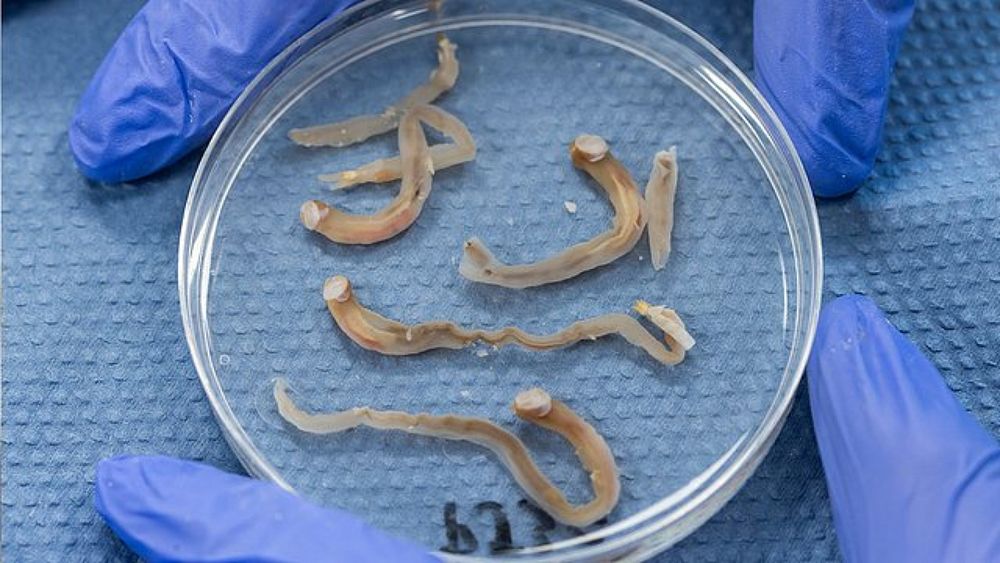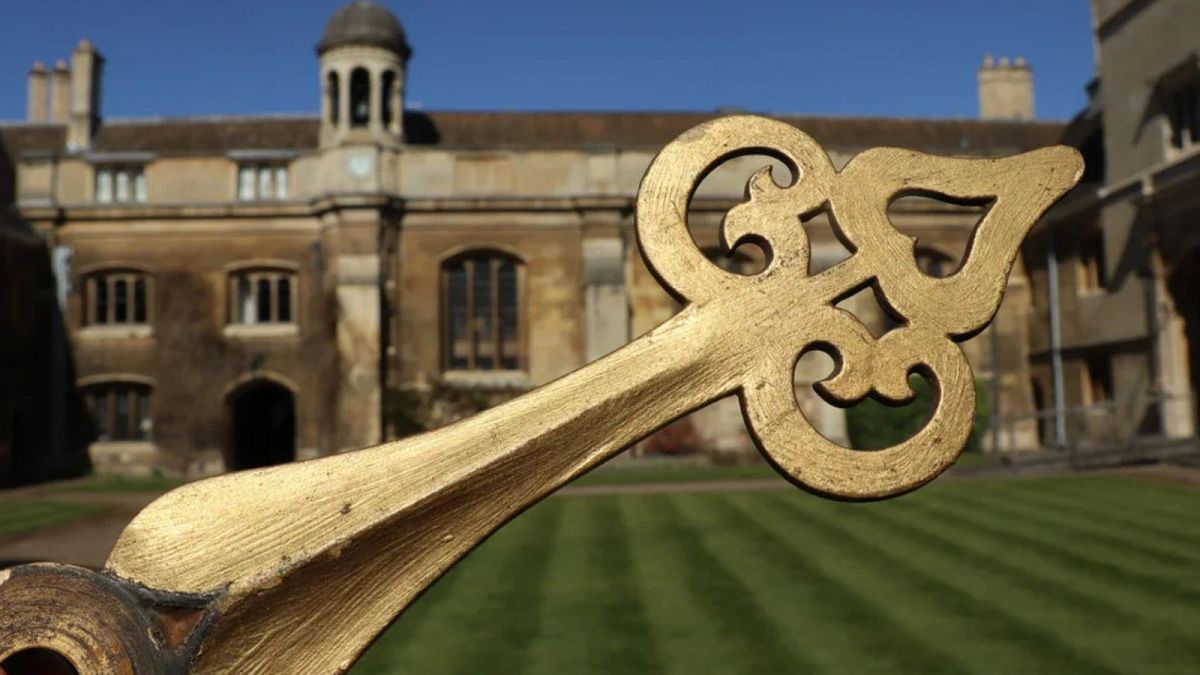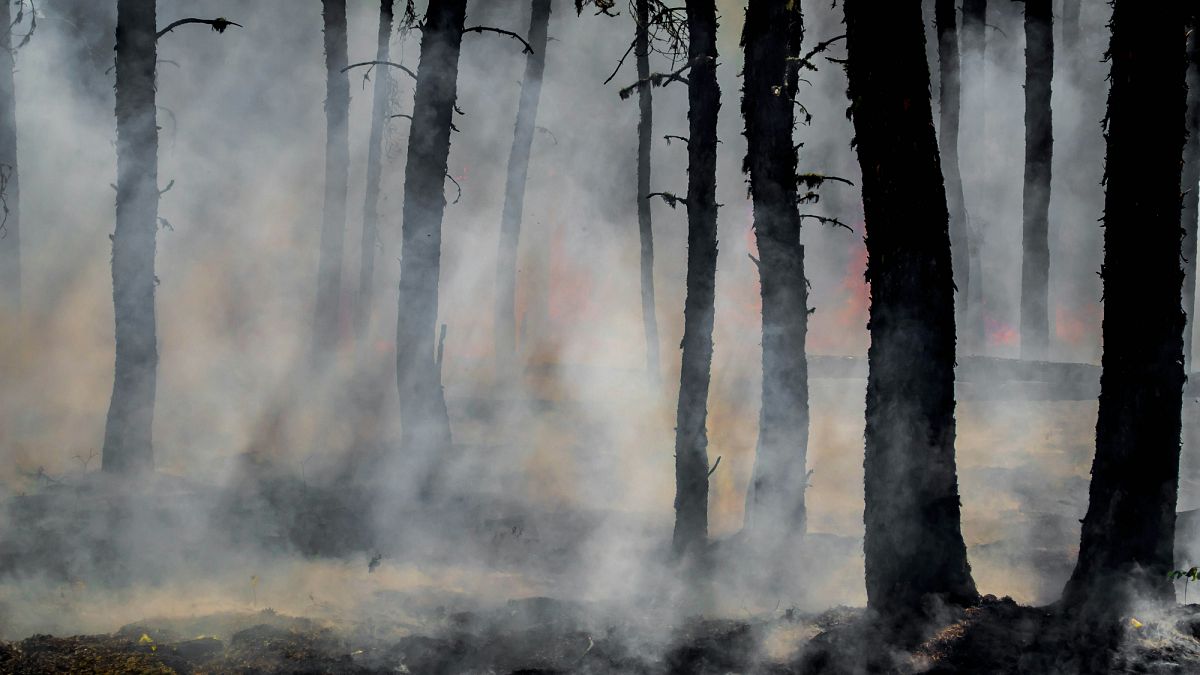Food of the future? Why we could all soon be eating naked clams

Better known by their less appealing moniker shipworms, Naked Clams have tiny shells and burrow into wood which they then digest and turn into nutritious protein. The result is a clam that can be sustainably farmed and also tastes a bit like oysters or mussels.
The next time you tuck into a delicious plate of fruits de mer, some of your seafood might have actually been grown in chunks of waste wood.
Naked Clams are the latest scientific breakthrough for researchers interested in putting more environmentally friendly seafood on the menu.
Researchers from the Universities of Cambridge and Plymouth have worked together to present how Naked Clams are a better alternative. “Naked Clams” is the name the researchers have given for teredinids, more commonly known as shipworms.
Unsurprisingly, shipworms isn’t the most appetising name for the creatures, which are a kind of bivalve that grow faster than any other – reaching 30cm in length within just six months.
Naked Clams have tiny shells and burrow into wood which they then digest and turn into nutritious protein. The result is a clam that tastes a bit like oysters or mussels, both of which take about two years – four times as long – to harvest.
Wild Naked Clams are already eaten as a delicacy in the Philippines, but this study suggests they should be industrially farmed.
Already twice as rich in Vitamin B12 than blue mussels, the clams can be fortified with essential omega-3 polyunsaturated fatty acids if given an algae-based feed. Not only are they nutritious, but the clams’ unfussiness over growing conditions – they only really require used wood – makes farming them sustainably an easier task.
In fact, we wouldn’t even need to farm them out at sea. The research suggests a modular farming design that could be set up in urban environments.
“Naked Clams taste like oysters, they’re highly nutritious and they can be produced with a really low impact on the environment. Naked Clam aquaculture has never been attempted before. We’re growing them using wood that would otherwise go to landfill or be recycled, to produce food that’s high in protein and essential nutrients like Vitamin B12,” says Dr David Willer, Lead author on the new study, and Henslow Research Fellow at the University of Cambridge’s Department of Zoology.
As climate change increasingly affects the food ecosystem, altering global access to foods, Naked Clams may play an important role in the future of our diets. Spaghetti alle vongole anyone?
Source: Euro News















